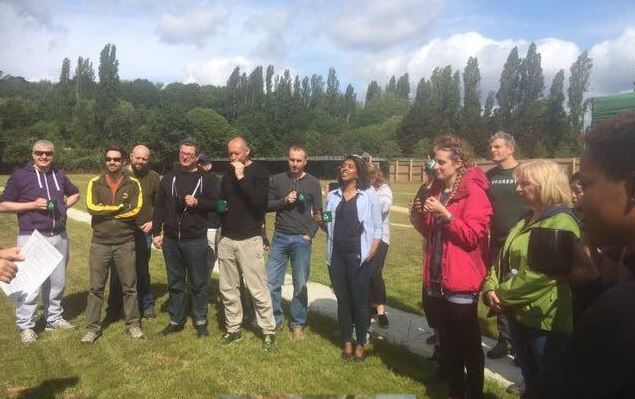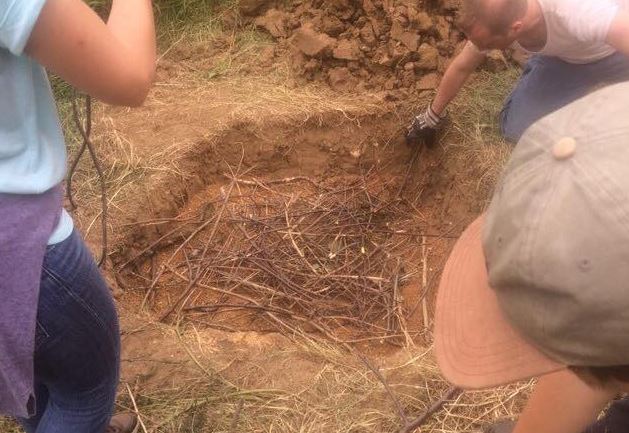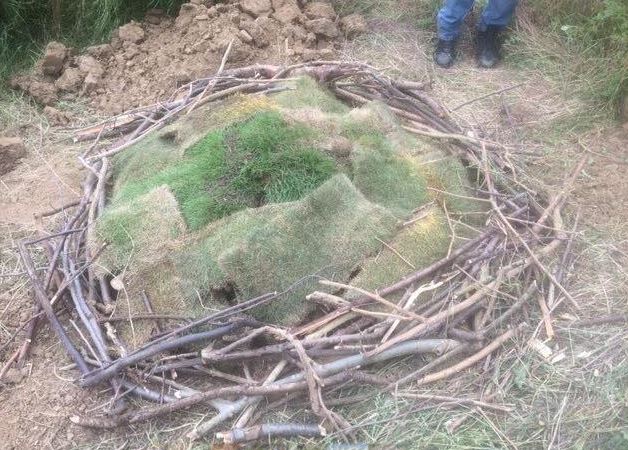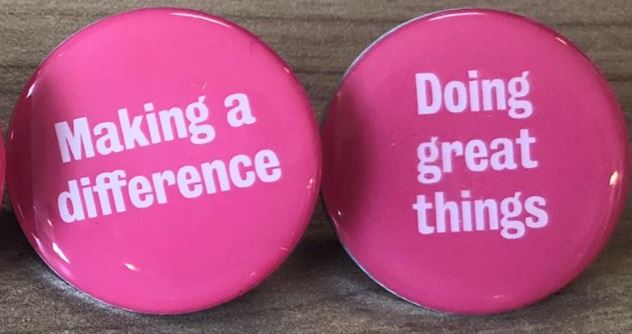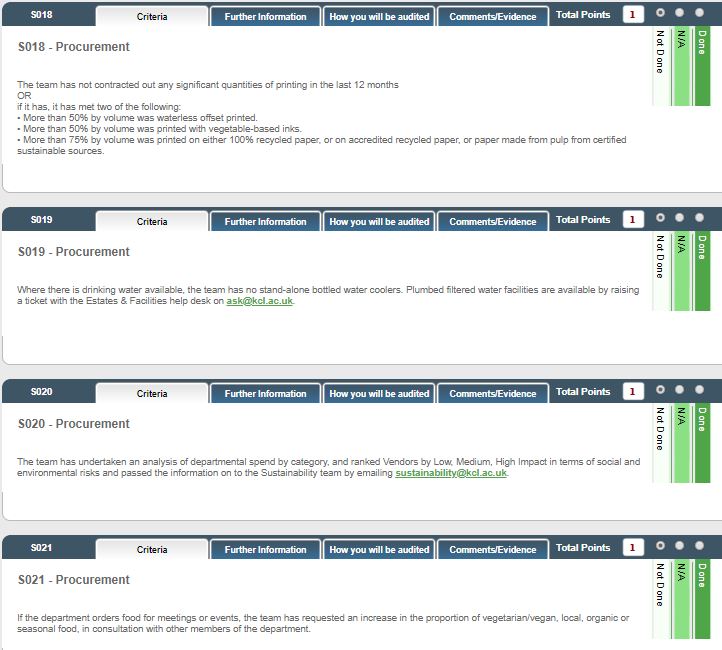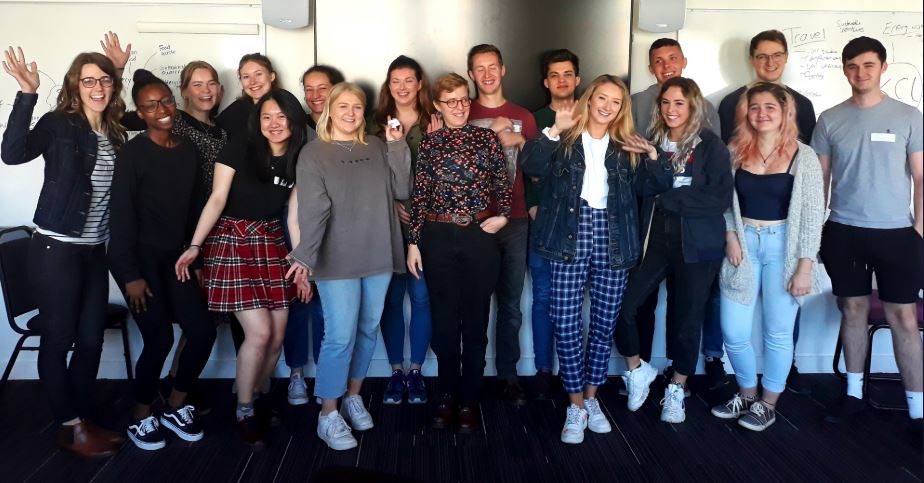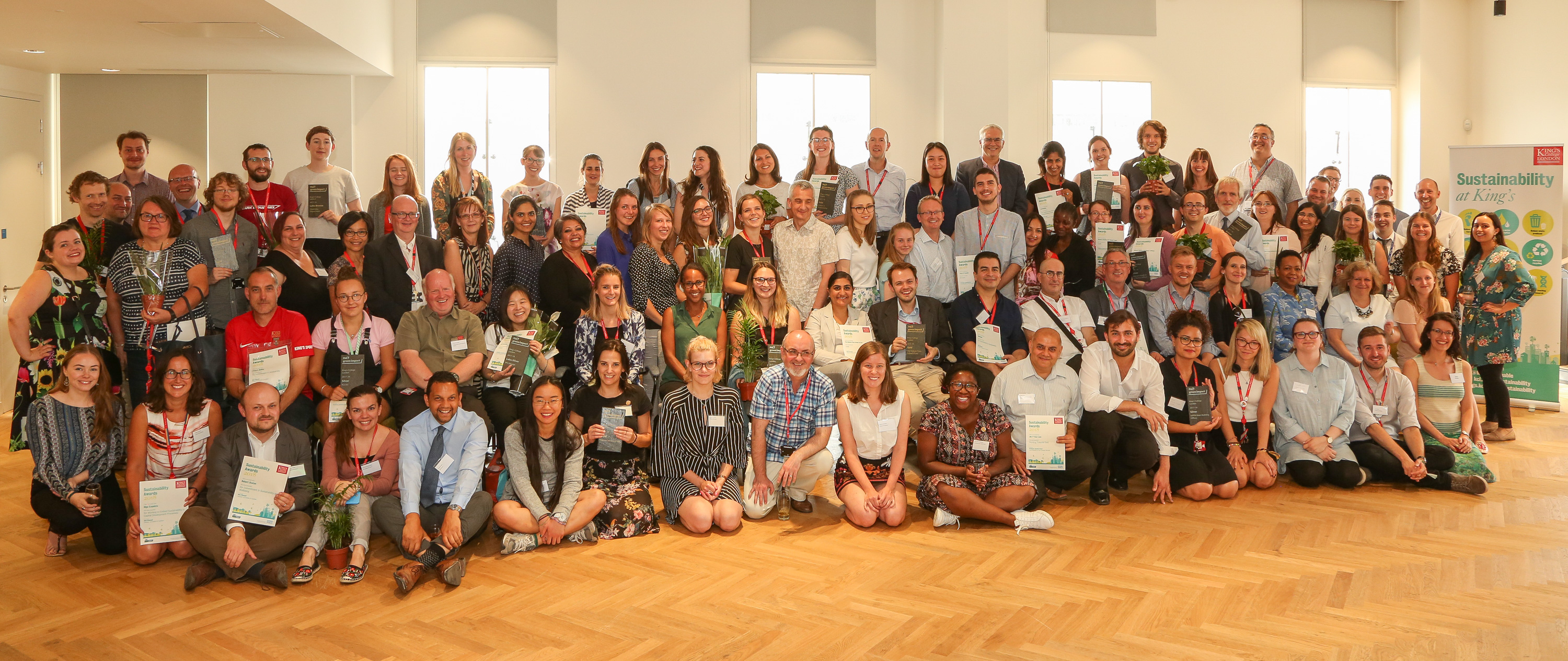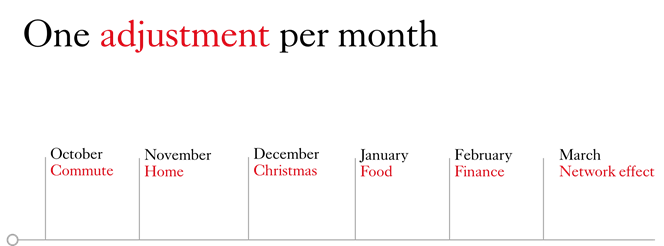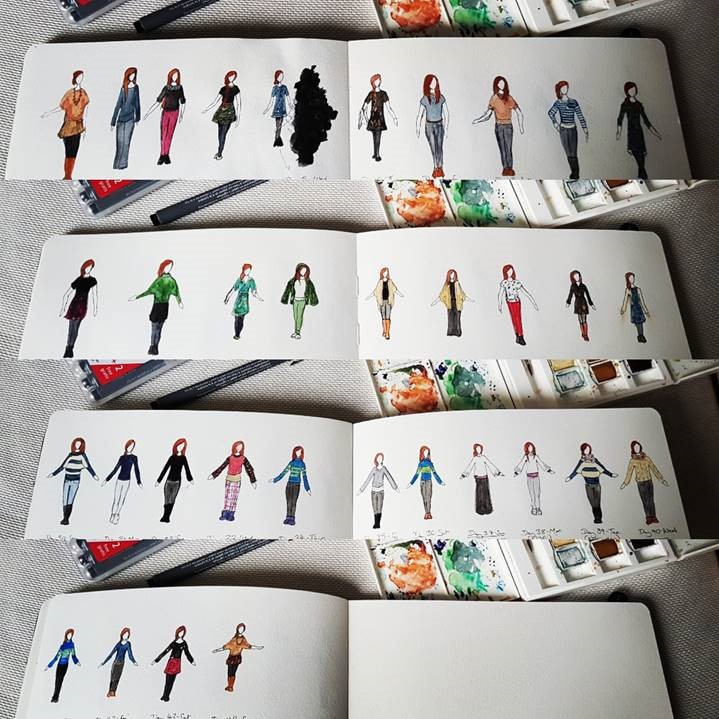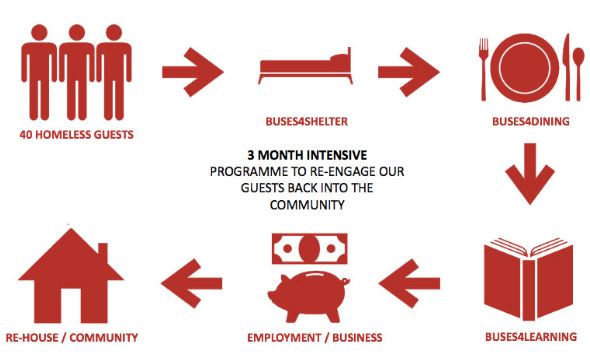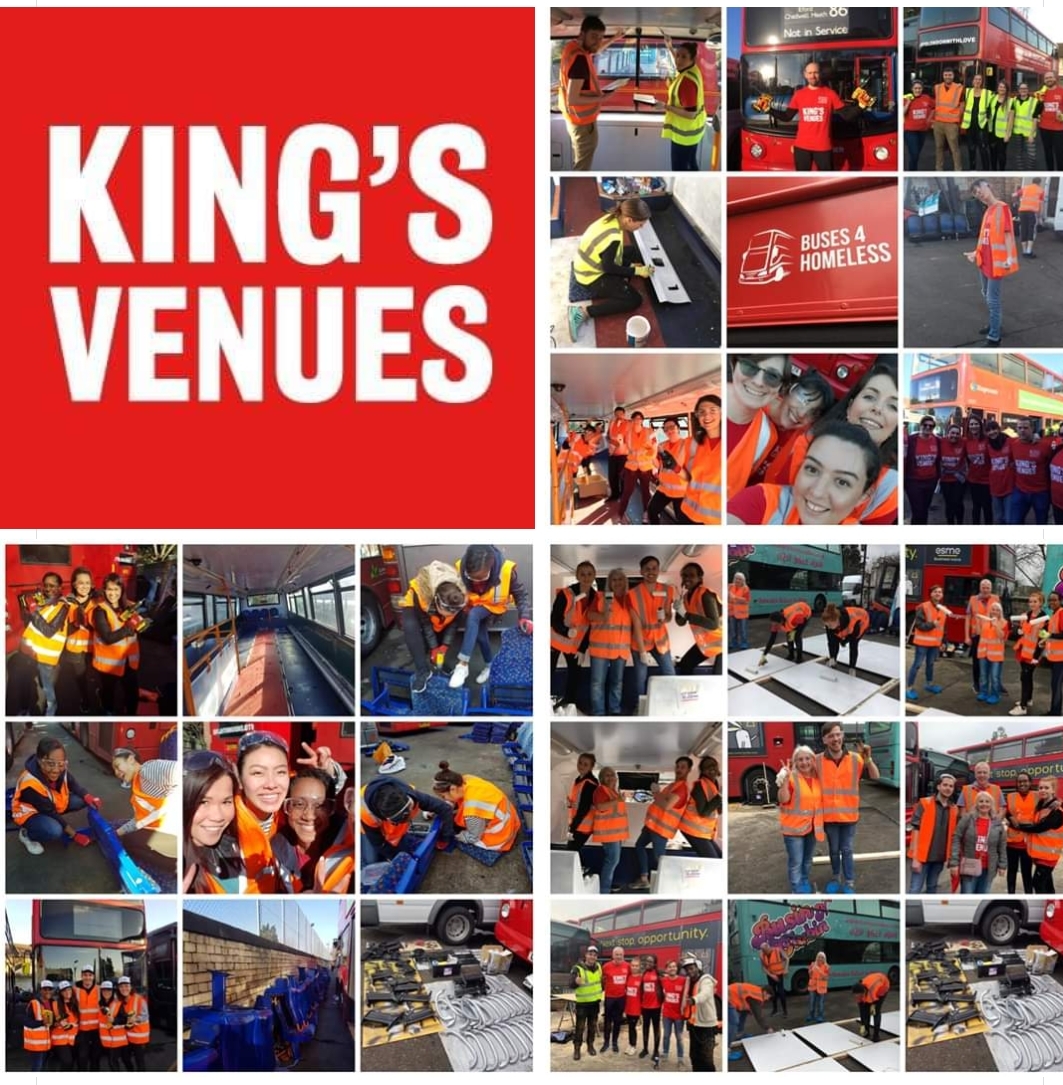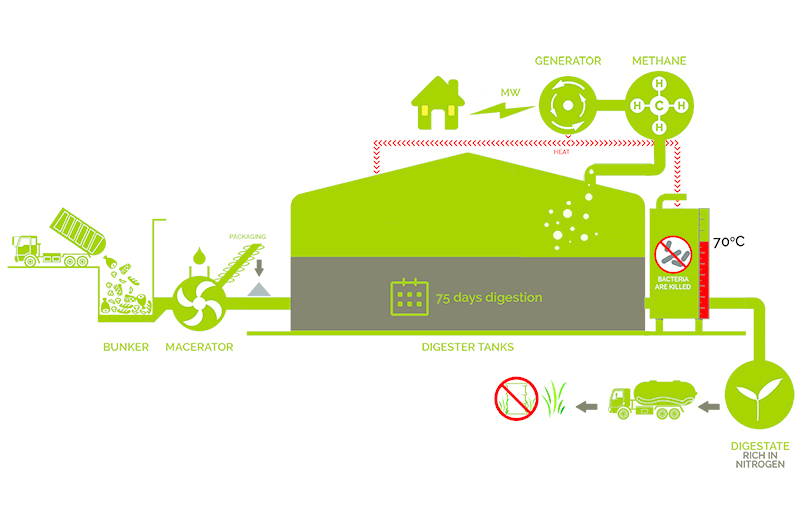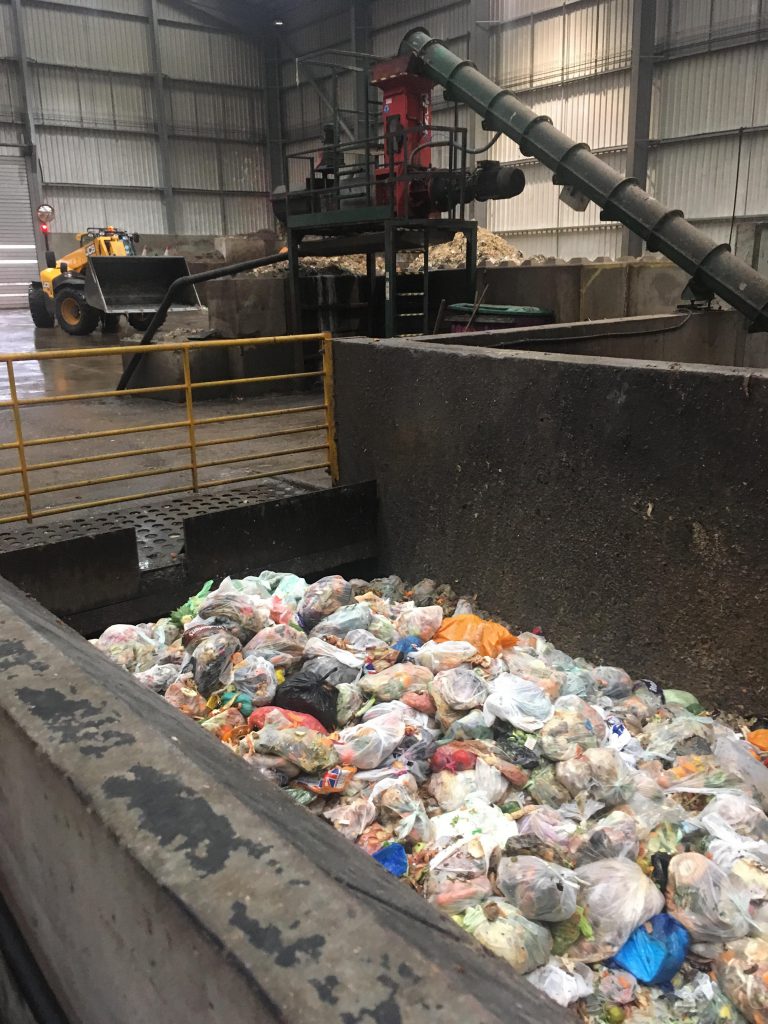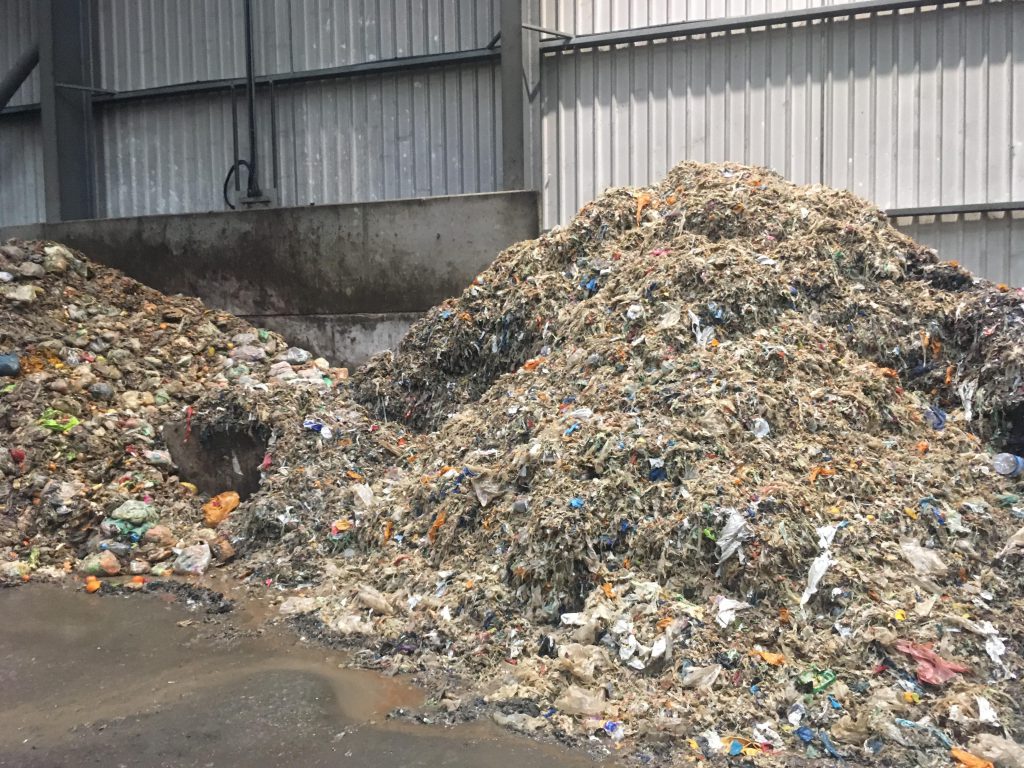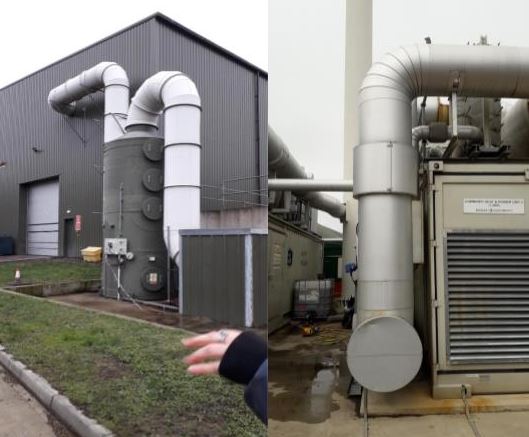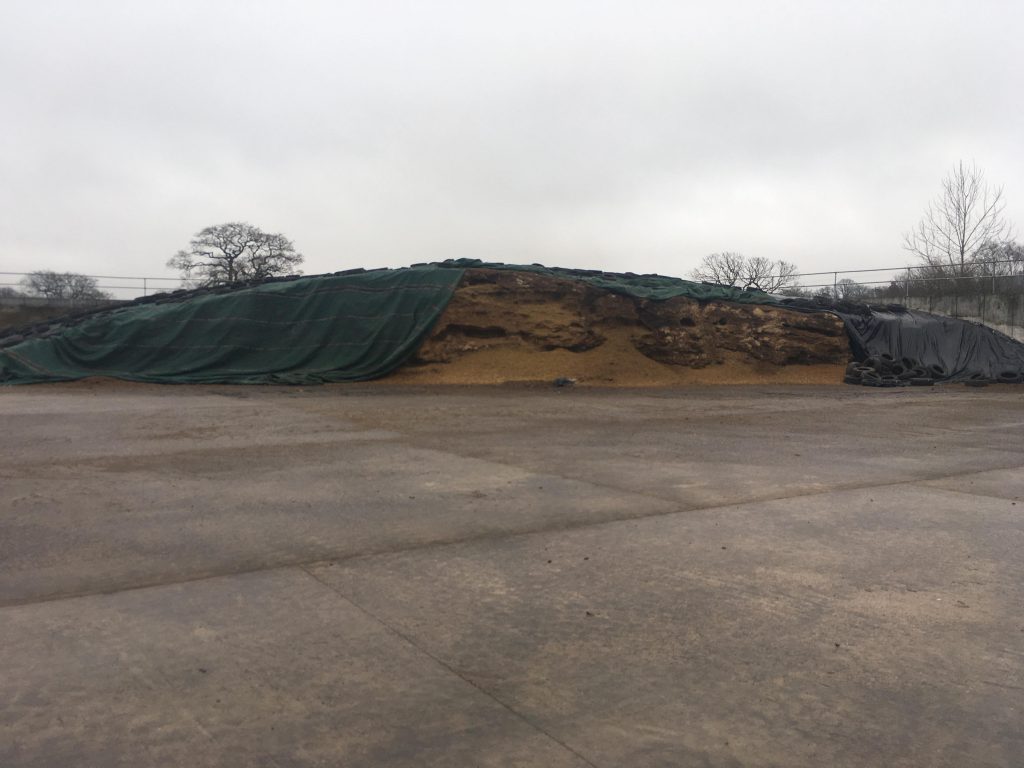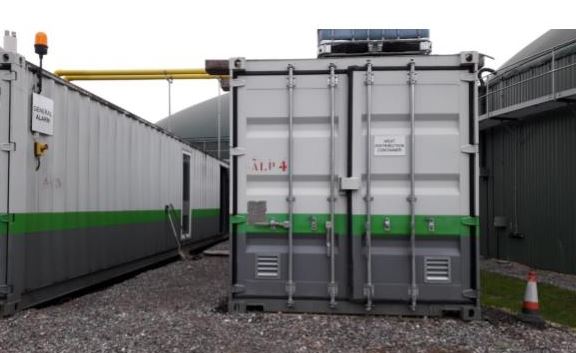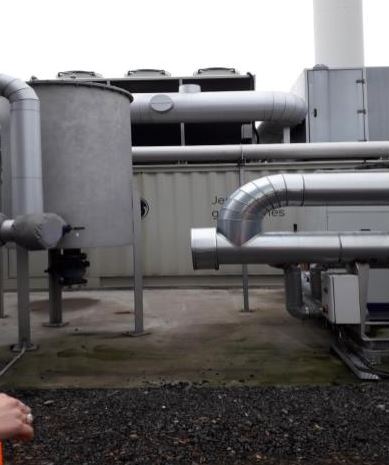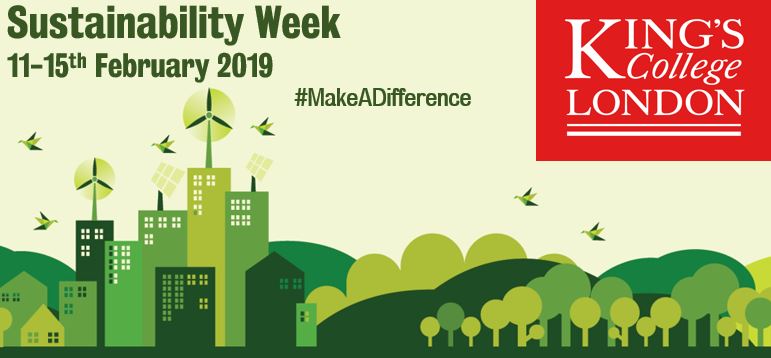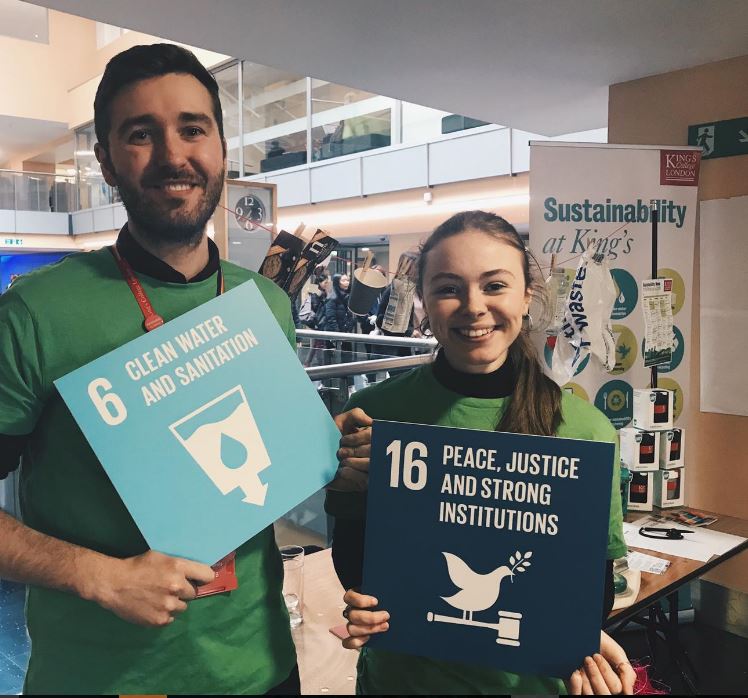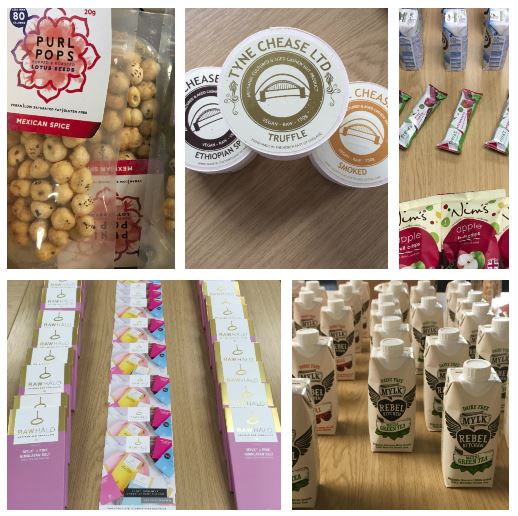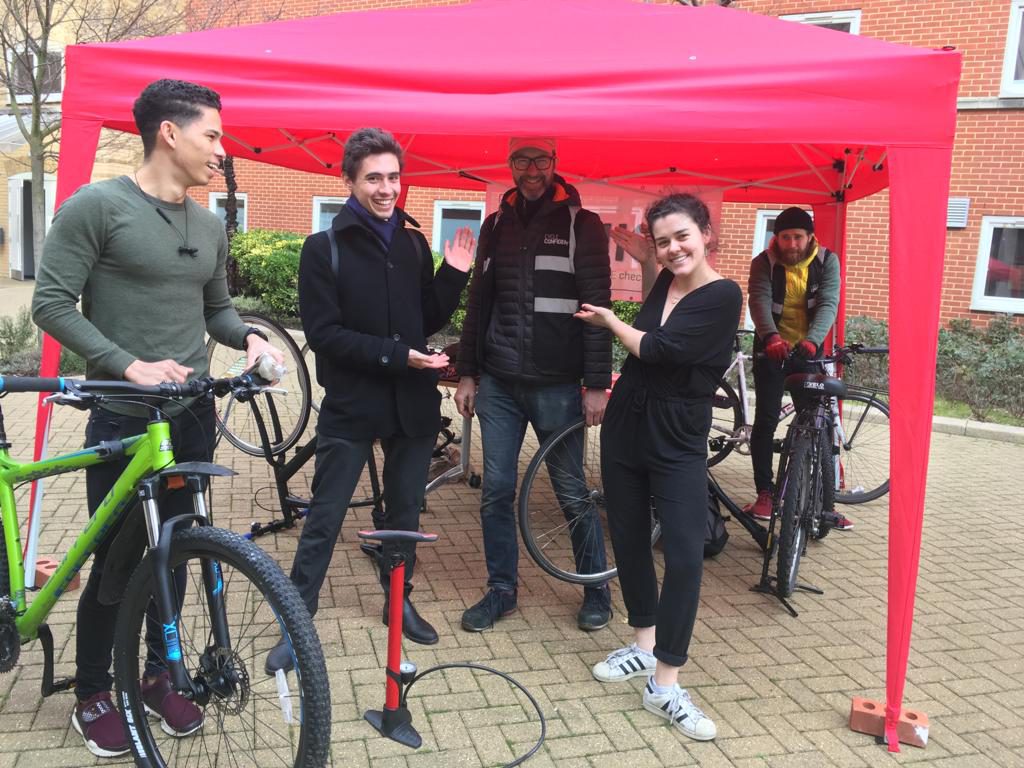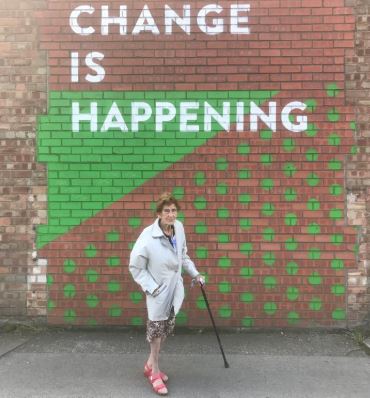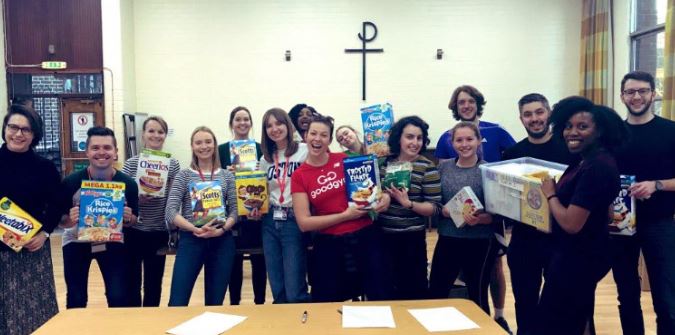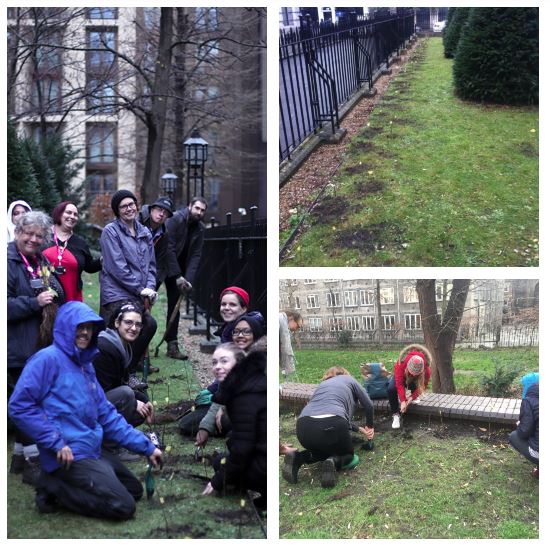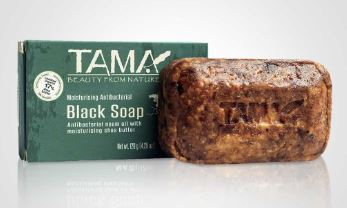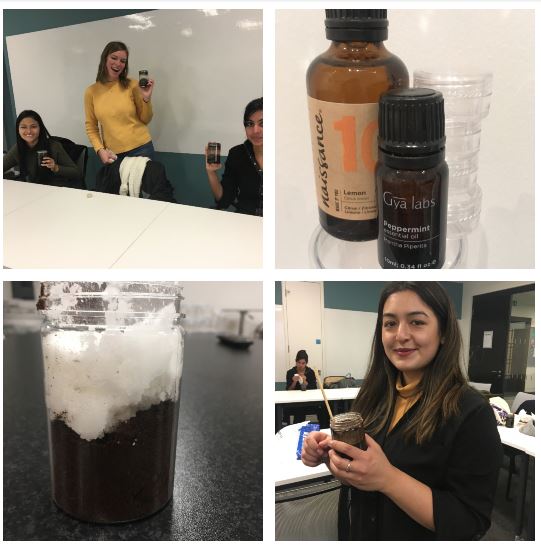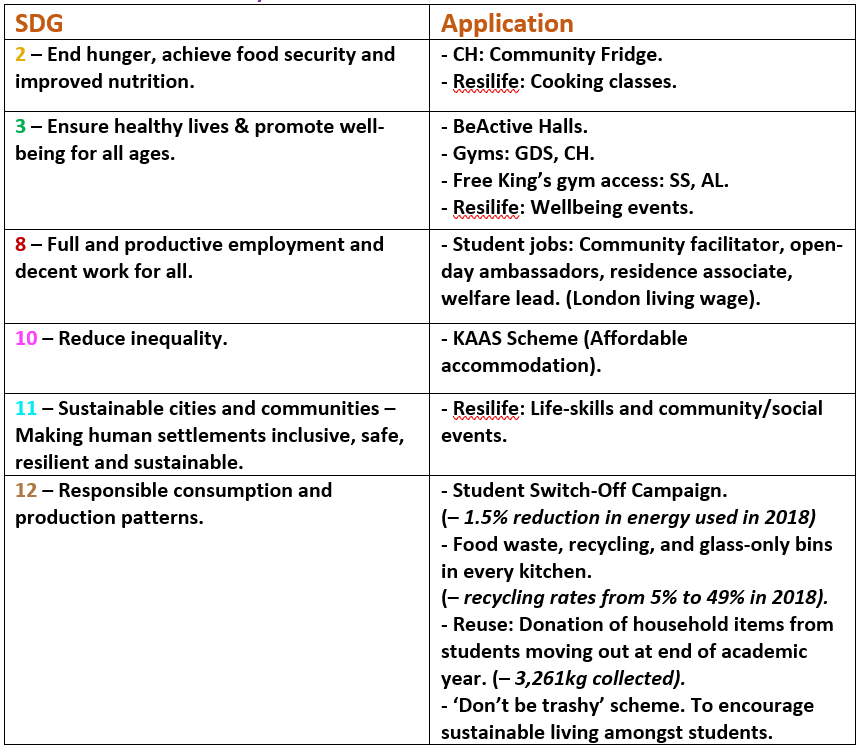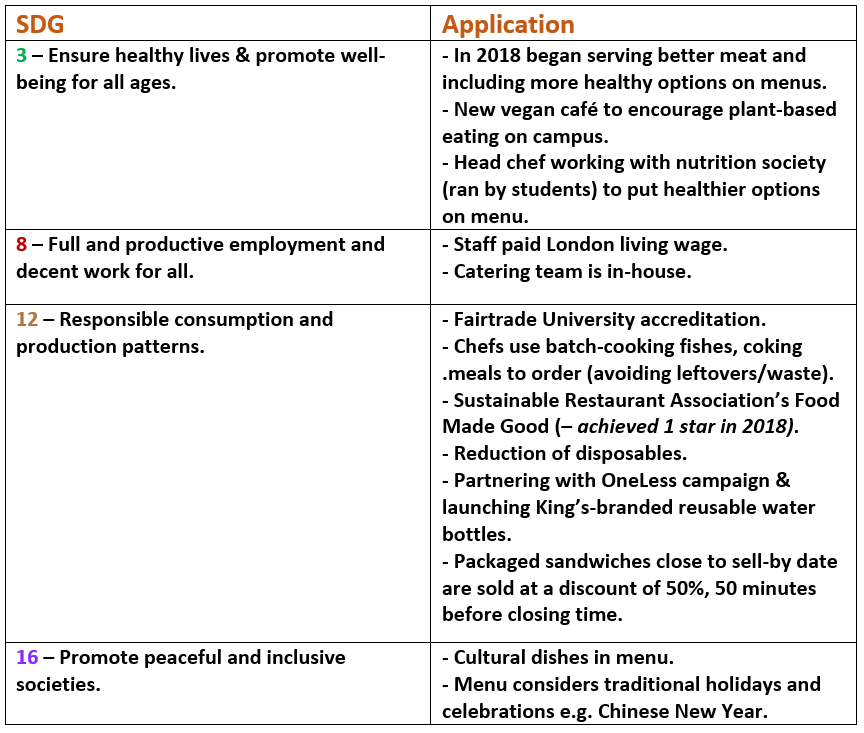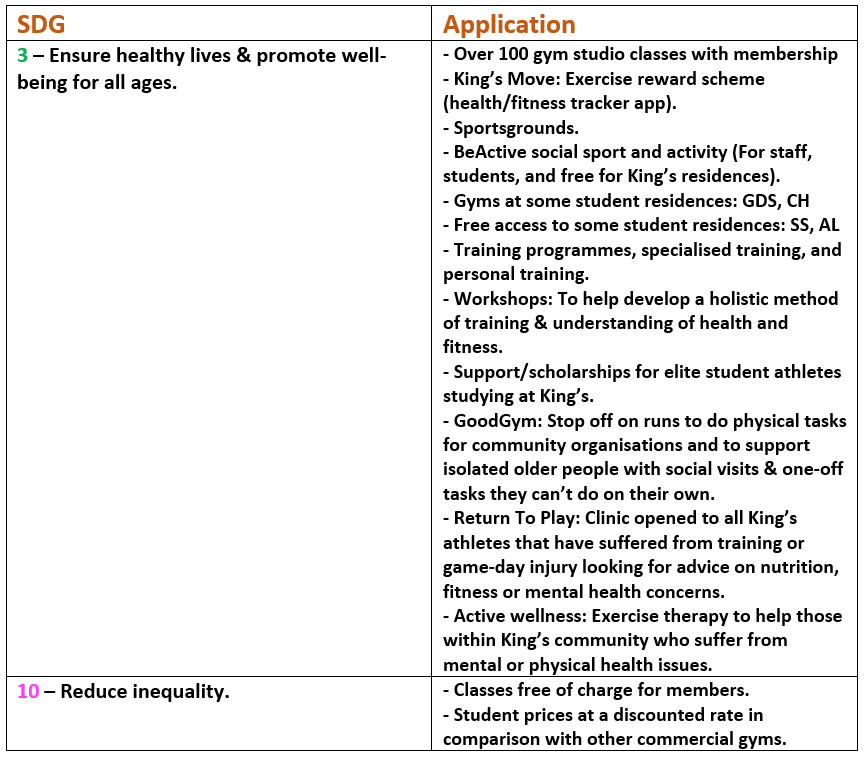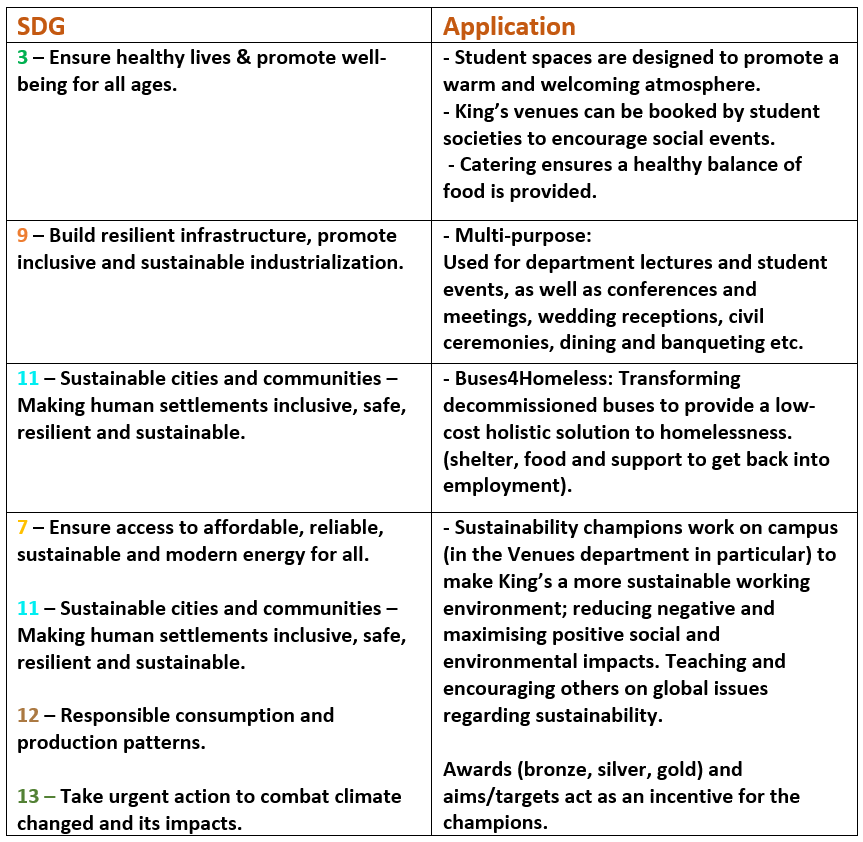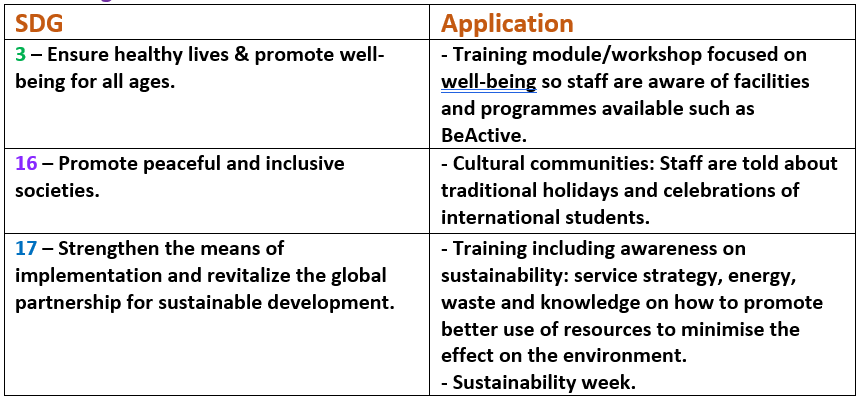This guest blog comes courtesy of Erk Gunce, PA to King’s Chief of Staff and Team Administrator in the Strategy, Planning and Analytics (SPA) department.
As the Strategy, Planning and Analytics (SPA) team, we are proud to report that, we did it! We broke free from our daily routines and went into nature. No, we are not stuck to our desks and no, we are not addicted to our screens. We did leave the office and we did have fun – and I personally ensured that nobody was checking their emails on their phone!
A few weeks ago, 30 colleagues from the SPA team took a day out of work to volunteer for a local charity. We were able to take a day off, thanks to the Service Time policy. As part of this scheme, all King’s staff can spend one day per year volunteering for another organisation. We chose to support the environmental preservation work of Groundwork London, and took the opportunity to get to know our team members better. Groundwork set us a variety of tasks over the day. These included designing and building a hibernaculum – a protective refuge for reptiles and insects. Hibernacula (pause for applause), allow insects to seek refuge from temperature changes, especially over the winter for protection against the cold. We also made use of loose wood from coppiced willow trees to create hedging, used as a fence to mark the outer barriers of a natural space, instead of relying on non-natural fencing material.
Building a hibernaculum for small mammals, insects and reptiles in the winter (above, left), finished hiberanculum (above, right)!
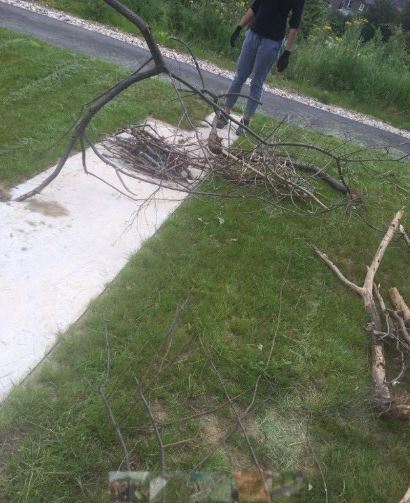
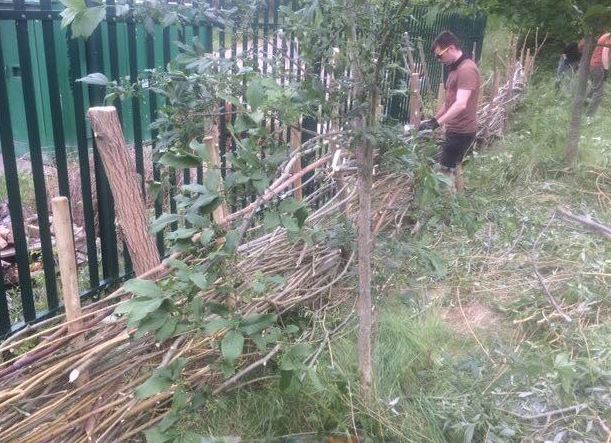 Coppicing wild willow trees (above, left) and turning branches into a natural hedge (above, right)!
Coppicing wild willow trees (above, left) and turning branches into a natural hedge (above, right)!
Why did we do this?
Because, sustainability!
This opportunity allowed us to do our bit by giving back to nature. It was very heart-warming to see our team addressing their previously non-green habits: colleagues traveled in using their bikes, no disposable cups were used and we made sure we recycled the leftovers from our lunch.
Because, Service!
In line with King’s Vision 2029 ‘to make the world a better place’, this was a fantastic opportunity to give back to nature by building shelters for vulnerable creatures and making use of natural items to build natural fencing. Through taking a day out to support a charity, we also made clear our dedication to support non-profit organisations with their environmental efforts.
Because, team building and wellbeing!
Another crucial aspect of our day off was our commitment to improve the morale of our team and make everyone feel valued. The digital era can easily distract us from the beauties of nature. Encouraging our colleagues to spend a day immersed in a green space was an opportunity to boost their wellbeing. One of the challenges of being a large team is that staff might not know all their colleagues, or they may be mere acquaintances. After the event, staff commented that they had met new faces, got to know their colleagues better and enjoyed learning about each other’s personal hobbies and interests. Hence, it really wasn’t just about environmental support but equally a community building opportunity.
‘The whole experience was one of the best things I’ve done in ages. A brilliant combination of team building, physical exercise, a deeply gratifying sense of achievement and the feel-good high of helping to preserve and enhance urban habitation for native birds and animals’. – Scott Davison, SPA staff member
Here’s to hoping for more Service days – for our communities, for our staff and for a better world.
Want to use your Service Time to volunteer for a charitable cause? Get in touch with service@kcl.ac.uk for advice.

